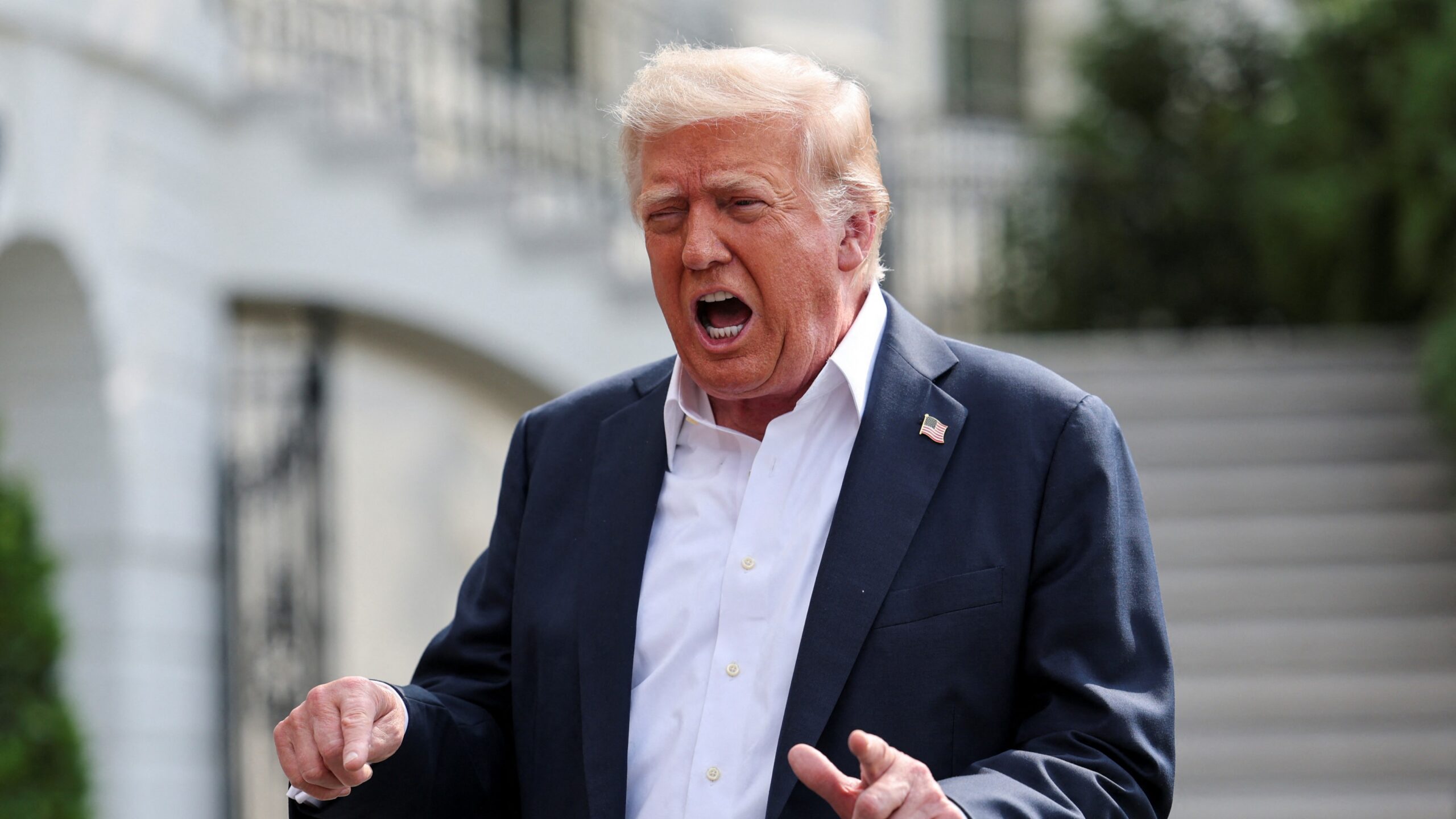New Delhi, July 13 — The atmosphere around global trade took a tense turn as the European Union and Mexico voiced their deep concern over US President Donald Trump’s decision to slap a 30% tariff on their exports, set to begin August 1. The announcement has sparked immediate backlash and warnings of countermeasures, with leaders describing the move as both unfair and disruptive to international cooperation.
Speaking with a firm tone of diplomacy, European Commission President Ursula von der Leyen emphasized the EU’s disappointment and readiness to respond. “We will take all necessary steps to safeguard EU interests,” she stated, making it clear that Europe is not stepping back. While she underscored the EU’s preference for dialogue, she also noted that “proportionate countermeasures” are firmly on the table.
On the other side of the Atlantic, Mexican President Claudia Sheinbaum didn’t mince words either. She referred to the potential tariff hike as an “unfair deal” and reminded the world that “sovereignty is never negotiable.” While she confirmed Mexico’s willingness to engage in discussion, the underlying message was one of defiance and national pride.
President Trump, for his part, remained unapologetic. In a letter to von der Leyen, he justified the aggressive trade move by claiming the US-EU trade relationship has long been lopsided. “Our relationship has been, unfortunately, far from reciprocal,” he wrote, warning that retaliation would only result in even higher tariffs.
In a Fox News interview aired Saturday night, Trump acknowledged the global unease. “Some countries are very upset now,” he admitted, but claimed that his strategy was working, stating that “hundreds of billions of dollars” were flowing into the US due to past tariffs.
The tariff threat doesn’t stop with Europe and Mexico. According to the BBC, Trump has also targeted imports from Japan, South Korea, Canada, and Brazil, further straining ties with traditional allies. With trade talks stalled and time ticking toward the August deadline, the global trade community watches closely—uncertainty looming large over international markets.
This isn’t just about economics. It’s about trust, sovereignty, and the direction the world wants to move in—towards cooperation or confrontation.




